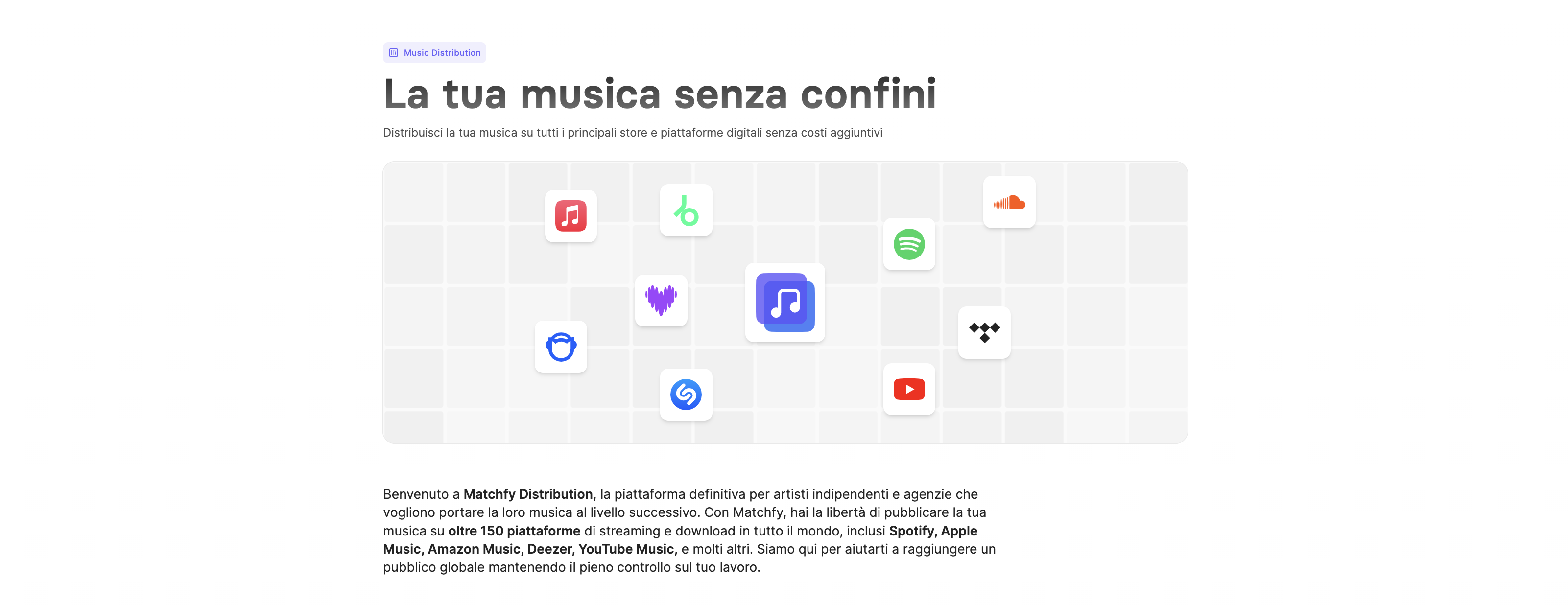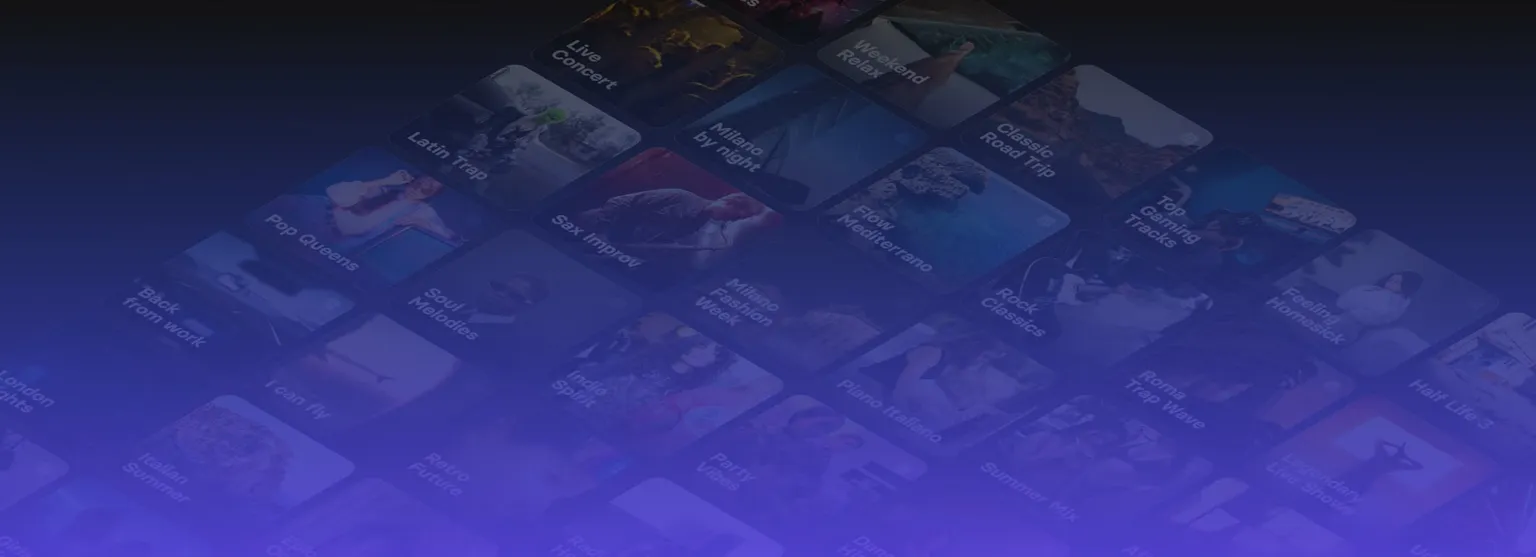How to submit your music to video games: a complete guide for independent artists and composers

In recent years, the video game industry has experienced explosive growth, surpassing even the film industry in revenue. This evolution has opened up exciting new opportunities for musicians—especially those looking for alternative ways to share their music, reach new audiences, and generate sustainable income.
If you're wondering how to submit your music to video games, you’re in the right place. In this comprehensive guide, you’ll learn how to approach game developers and music supervisors, how music licensing works, and how to make your music stand out in the gaming world.
Here's what you'll learn:
- Why should you get your music in video games?
- How music licensing works
- Sync agencies and music publishers
- Use music distributors with sync licensing services
- Reach out directly to game developers
- Make yourself discoverable online
- Real-world examples: FIFA and indie game soundtracks
- Tools to produce music for video games
Why should you get your music in video games?
Video game soundtracks have become a key part of the gaming experience. Music is not just background noise—it’s an emotional driver, an atmosphere builder, and often an integral part of storytelling.
For musicians, being featured on a game soundtrack means reaching an entirely new, passionate audience and earning income through sync licensing and music placements.
You don’t have to be a top-tier AAA composer to break into this space. Many indie developers actively seek original music and often prefer independent artists for their fresh sound and more accessible licensing terms.

1. Understand how music licensing works
Before pitching your music for video games, you need to understand how music licensing works—especially sync licensing, which covers the use of music in visual media.
When a game studio wants to use a song, they typically need two licenses:
- Master license – for the recording of the song.
- Publishing license – for the composition itself.
If you’re an independent artist and own both rights (master and publishing), the process is much simpler. However, if you’ve signed with a label or a music publisher, they will need to be involved in any licensing agreement.
There are generally two licensing models:
- Royalty-based – where you earn money based on how often and how widely your music is used.
- Buyout – where you receive a one-time payment, and the game developers can use your music freely.
Indie developers often prefer buyouts because they're simpler and budget-friendly.
Don’t know how to earn money and gain visibility with your music? Discover everything you need to know about sync licensing in a simple guide available on our blog.
2. Work with sync agencies and music publishers
If dealing with legal terms and negotiations feels overwhelming, you can partner with a sync licensing agency or a music publisher. These professionals pitch your music to content creators (including game developers, filmmakers, and advertisers) and handle negotiations on your behalf.
While they do take a commission, sync agents can offer a faster route to big opportunities, especially if you have a strong catalog and a clear artistic identity.
3. Use music distributors with sync licensing services
Many digital music distributors not only help you upload your songs to Spotify and Apple Music but also offer access to sync licensing opportunities. Check if your distributor—like DistroKid, TuneCore, or CD Baby—offers this feature.
You can also explore platforms like Collabhouse, which connect musicians with content creators across video, film, and gaming. These platforms act as creative marketplaces, allowing game developers to discover and license your music more easily.
With Matchfy, you can distribute your music quickly and easily, keeping 95% of your royalties without paying any additional fees.

4. Reach out directly to game developers
One of the most effective ways to get your music into video games is by reaching out directly to game developers—especially indie studios. Here's how:
- Research games that fit your style: If you create electronic music, look for sci-fi or arcade-style games. If you’re into ambient or cinematic sound design, narrative-driven games might be your best match.
- Find the right contacts: Most game studios list contact emails on their websites. You can also find developers on LinkedIn, Twitter (X), or via gaming forums.
- Craft a personalized message: Introduce yourself, explain why your music suits their project, and share streaming links to a few relevant tracks (SoundCloud, YouTube, Google Drive, etc.).
- Never attach audio files directly: Always link to online players to keep your email lightweight and professional.
A tailored, thoughtful email combined with polished music can go a long way.
5. Make yourself discoverable online
Sometimes, you don’t need to chase the opportunity—it can come to you. Many music supervisors and developers browse platforms like SoundCloud, Bandcamp, and music libraries to discover tracks for their projects.
Here’s how to make your music easy to find:
- Use detailed metadata: Tag your tracks with relevant genres, moods, instruments, and tempo. This helps your music appear in search results.
- Upload to music libraries: Sites like Artlist, Epidemic Sound, Audiojungle, and Pond5 are popular with developers searching for royalty-free or licensable tracks.
- Read the terms carefully: Some libraries require exclusivity or a buyout of rights, so be sure to understand the contract before signing.
To provide clear and accurate information for those who want to contact you, it's essential to have an engaging and well-organized Press Kit. Discover how to create one by reading our article!
6. Real-world examples: FIFA and indie game soundtracks
A great example of music in gaming is the FIFA series by EA Sports, known for its globally diverse and fresh soundtracks. Being featured in FIFA has helped many independent artists gain massive international exposure.
On the other end of the spectrum, successful indie games like Celeste, Undertale, and Hollow Knight have all relied on independent composers to create memorable and emotional scores. These examples show that you don’t need a big budget or a major label to leave your mark on the video game world.
For example Sum 41's track Underclass Hero gained popularity not only through traditional channels but also thanks to its inclusion in video games. The song was featured on the soundtrack of Madden NFL 08, allowing it to reach a wider audience of gamers and music fans alike. This crossover success helped solidify Underclass Hero as one of the band's standout anthems from the 2000s.

7. Gear up: tools to produce music for video games
If you’re serious about producing music for video games, investing in the right equipment can help you stand out. Here are some accessible and budget-friendly options:
- Audiophony COMBO130 – A versatile mixer for live and studio use.
- M-Game RGB Dual USB Interface – Great for streamers and producers who want both function and flair.
- Btuty Mixer with Phantom Power – Ideal for vocal recording and professional mics.
- 12-Channel USB Mixer – Perfect for managing multiple audio sources and live sessions.
Good production quality can make the difference between getting noticed and getting passed over.
Turn your music into a soundtrack
Breaking into the video game industry as a musician may seem like a daunting challenge, but as you've seen, it's more accessible than ever. Whether you're connecting directly with indie developers, working with sync licensing agencies, or making your music discoverable online, there are countless paths that can lead your sound into the world of gaming.
The key is to stay proactive, professional and visible. That means refining your sound, crafting a strong press kit, and using the right tools to distribute and promote your music across the right channels. And that’s where Matchfy comes in.
With Matchfy, you can easily distribute your tracks across the most important platforms while keeping 95% of your royalties—no hidden fees, no complications. Plus, Matchfy’s ecosystem is designed to connect artists with new audiences, helping you grow your reach not only through streaming, but also through sync opportunities and creative collaborations.
So if you’re ready to level up your music career and hear your songs in the next big indie or blockbuster game, start by building the right foundation. Share your music smartly, stay visible, and let platforms like Matchfy help turn your passion into a playable, profitable future.

